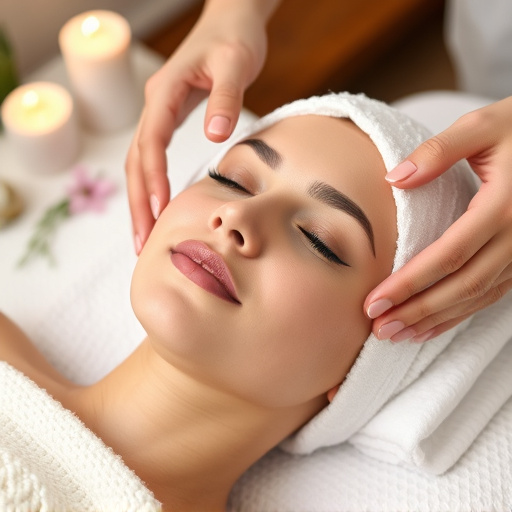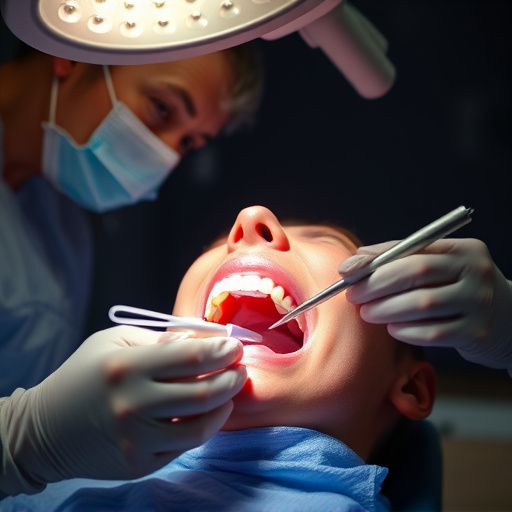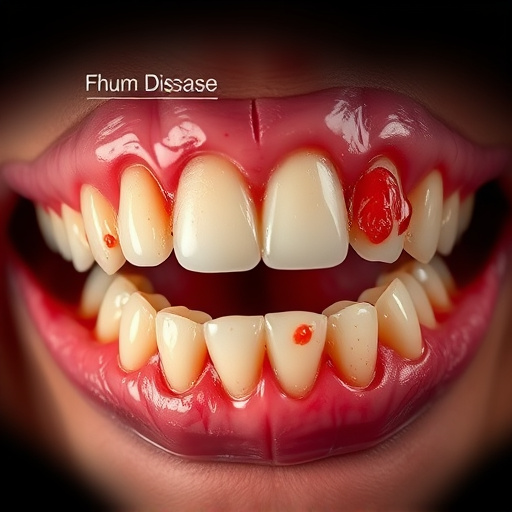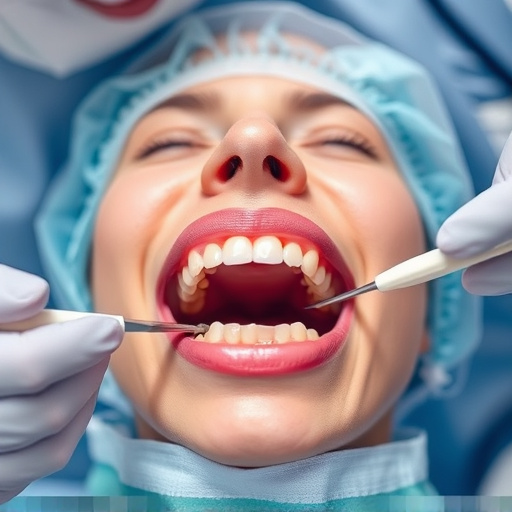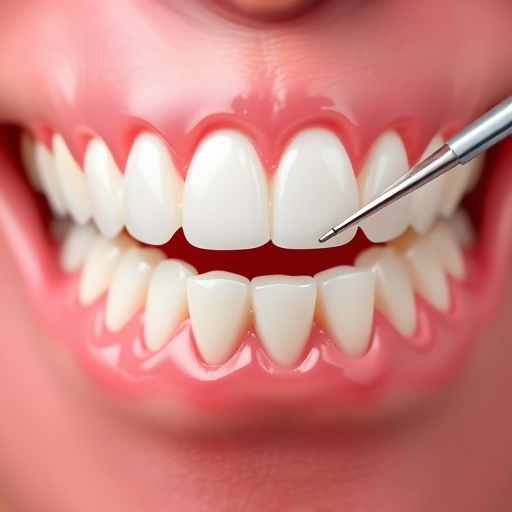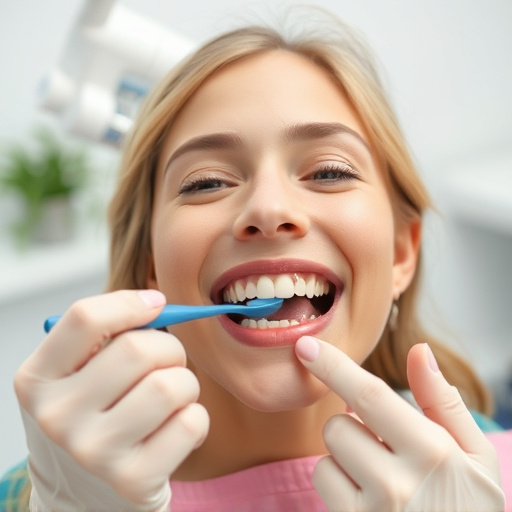Misconceptions about oral hygiene lead to poor brushing habits and long-term dental health issues. Oral hygiene education corrects myths, teaches proper techniques, emphasizes regular dental visits, and clarifies sugar's role. Flossing and brushing together prevent decay and gum disease, with optimal practices including wisdom tooth removal and professional cleanings.
Oral hygiene is a vital aspect of overall health, yet common misconceptions often cloud proper dental care. This article aims to provide essential oral hygiene education, debunking popular myths and offering clear guidance. We explore key areas including brushing techniques, the sugar-dental health link, and the age-old debate: floss or brush first? By the end, readers will have a comprehensive understanding to promote better oral health practices.
- Debunking Myths About Brushing Techniques
- The Truth About Sugar and Dental Health
- Floss or Brush First: Clearing Confusion
Debunking Myths About Brushing Techniques
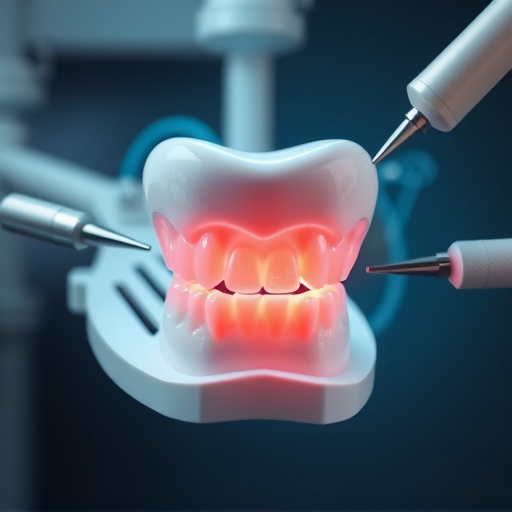
Misconceptions about oral hygiene often lead to poor brushing habits, which can have long-term consequences for dental health. Many individuals hold on to outdated ideas about how to properly care for their teeth. For instance, some believe that aggressive brushing is more effective in removing plaque and tartar buildup. However, this couldn’t be further from the truth; harsh brushing techniques can damage tooth enamel and gums, leading to sensitivity or even recession. Oral hygiene education plays a crucial role in correcting such myths and teaching individuals about the right brushing techniques.
The ideal brushing routine involves using soft-bristled toothbrushes and gentle circular motions, ensuring that each tooth surface is cleaned thoroughly but without excessive force. This approach promotes healthy gums and prevents issues like gingivitis or periodontitis. Moreover, it’s important to remember that brushing alone cannot replace professional dental cleaning. Regular visits to a dentist for comprehensive dental care, which includes wisdom tooth removal if necessary, and the application of treatments such as dental crowns for advanced damage, are essential components of maintaining optimal oral health.
The Truth About Sugar and Dental Health
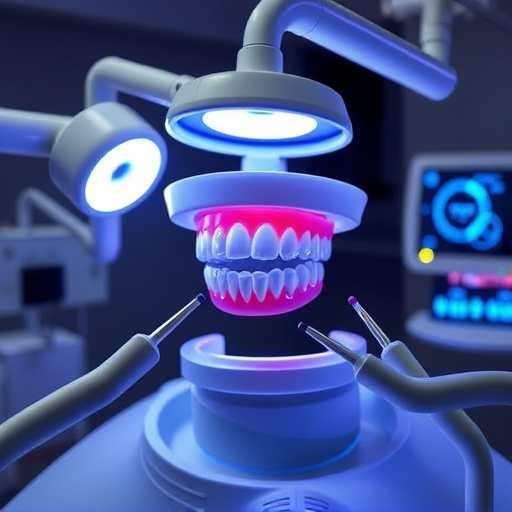
Sugar has long been demonized as a major culprit when it comes to dental health, and while it’s true that excessive sugar consumption can lead to tooth decay, the relationship is more complex than commonly believed. Oral hygiene education should clarify that not all sugars are created equal. Natural sugars found in fruits, for instance, are less likely to cause damage compared to processed sugars in sugary drinks and snacks. The key lies in moderation and understanding how our bodies process different types of sugar.
Educating individuals about the importance of oral care routines, including regular dental cleanings and check-ups, is crucial alongside addressing sugar myths. General dentistry practices play a vital role in dispelling common misconceptions and providing guidance on maintaining optimal dental health. This includes advice on proper brushing techniques, flossing, and even addressing concerns related to wisdom tooth removal, which can impact overall oral hygiene.
Floss or Brush First: Clearing Confusion
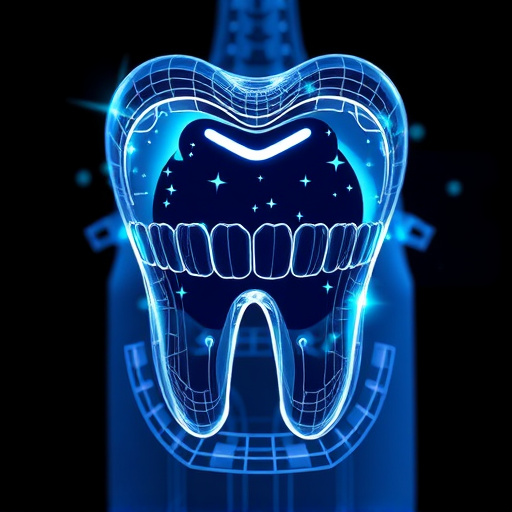
When it comes to maintaining optimal oral hygiene, one common debate revolves around the question, “Floss or brush first?” Many individuals are unaware that this choice isn’t necessarily about one being superior to the other, but rather about establishing a comprehensive dental care routine. Oral hygiene education is essential in clearing these misconceptions and empowering people to make informed decisions.
In the realm of oral care, both flossing and brushing play pivotal roles in preventing dental issues like tooth decay, gum disease, and even restorative procedures such as dental bonding or tooth extractions. Flossing removes plaque and food particles from between teeth and under the gum line, areas that a toothbrush might not reach effectively. Conversely, brushing helps to dislodge surface stains and refreshen breath. Therefore, advocating for a dual-approach—flossing alongside daily brushing—is key in promoting holistic oral hygiene practices.
Oral hygiene education is a powerful tool to dispel common misconceptions and promote healthier dental habits. By addressing brushing techniques, the role of sugar in dental health, and clarifying the order of flossing and brushing, we can empower individuals to make informed choices. Integrating evidence-based knowledge into daily routines ensures a brighter, healthier smile for years to come.




